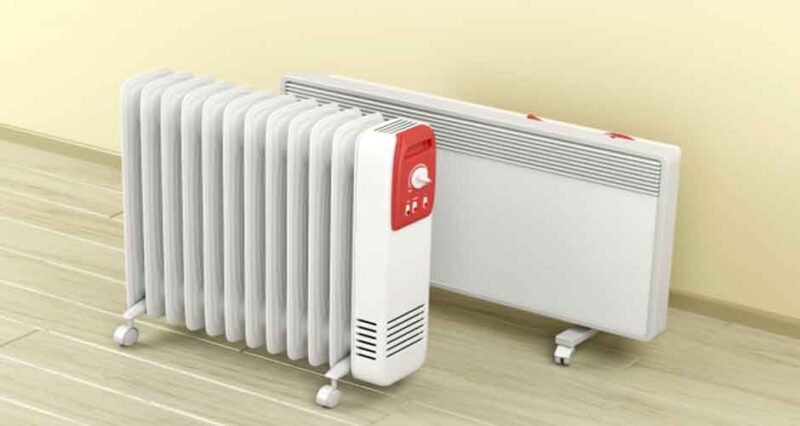
When it comes to choosing the right furnace for your home, there are several factors that you need to consider. One of the most important factors is the type of furnace you will install. There are five main types of furnaces that you can choose from, each with its advantages and disadvantages.
Gas Furnace
A gas furnace is one of the most commonly used types of furnaces in homes. It uses natural gas as its fuel source and is known for its efficiency and cost-effectiveness. Gas furnaces are also relatively easy to install, making them popular among homeowners. When considering a gas furnace installation, it is essential to ensure that your home has a gas line already installed or that you can have one installed. This will ensure that your furnace can receive the necessary fuel supply to operate efficiently.
Electric Furnace
Similar to a gas furnace, an electric furnace is also a popular choice among homeowners. It uses electricity as its fuel source and is known for its energy efficiency and quiet operation. One of the main advantages of an electric furnace is that it does not require a gas line, making it easier to install in homes that do not have one.
However, the cost of electricity can be higher than natural gas; consider this when choosing an electric furnace for your home. Electric furnaces may also be unsuitable for extremely cold climates as they may struggle to keep up with heating demands.
Oil Furnace
An oil furnace is another type of furnace that uses a liquid fuel source, typically heating oil, to generate heat. While these furnaces can be efficient and have a lower upfront cost than other types, they require regular maintenance and cleaning. Additionally, the cost of heating oil can fluctuate depending on market prices.
If you are considering an oil furnace installation, check with your local regulations, as there may be restrictions on the use of heating oil in certain areas.
Propane Furnace
Like a gas furnace, a propane furnace uses natural gas as its fuel source. However, instead of being connected to a gas line, propane furnaces use a large tank typically installed outside the home. This type of furnace is often used in rural areas where a gas line is unavailable.
One advantage of a propane furnace is that it can still operate during power outages if there is propane in the tank. However, installing and maintaining a large propane tank can be expensive.
Hybrid Furnace
A hybrid furnace combines the use of both electricity and gas to heat a home. It can switch between fuel sources, depending on which is more cost-effective. This type of furnace is known for its energy efficiency and can help reduce heating costs for homeowners.
When considering a hybrid furnace installation, it is important to note that these systems are typically more expensive upfront than other furnaces. However, the cost savings over time can make up for the initial investment.
In conclusion, when choosing a home furnace, consider all available options and their corresponding installation requirements. Each furnace type has advantages and disadvantages; choose one that best fits your needs and budget. It is also recommended to consult with a professional HVAC technician to determine the most suitable furnace for your home. Get in touch with the pros now!


